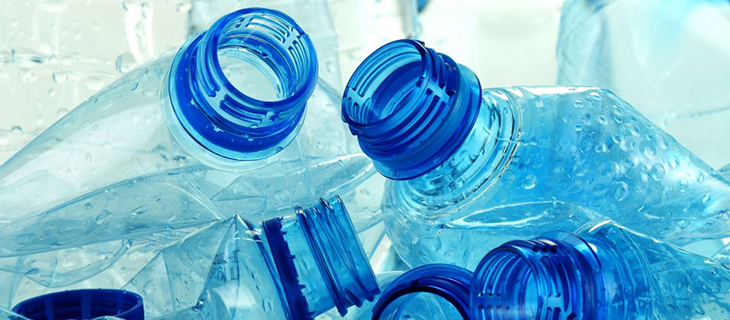How Plastic Waste Can Power Automobiles in The Future
Plastics are one of the most widely used materials on our planet and offer a multitude of beneficial properties. We can find their applications in transport, construction, healthcare, packaging, plumbing, and almost every industry that we can think of. Moreover, plastics are easy to mass produce, making it a challenge to properly manage, dispose and recycle them. This challenge has given a need to come up with novel ways to dispose of plastics.
Researchers from Swansea University have come up with a solution to combat plastic waste by converting it into hydrogen fuel. Moritz Kuehnel of Swansea University said, “We want to use non-recyclable waste and make something useful out of it. Plastic waste contains a lot of energy and when you throw it away, you throw away energy. Even when using biodegradable plastics, and waste is not generated, the energy in that plastic is still lost”. They also added that the fuel could be used to power cars in the future.
The process of degrading plastic and converting it into hydrogen fuel is called as photoreforming. The team devised a method that uses cadmium sulfide quantum dots as photocatalysts to degrade plastic waste. The plastic and catalyst are then left in an alkaline solution that is exposed to sunlight. This results in breaking down of the plastic which then produces bubbles of hydrogen gas in the process.
Plastics that are contaminated with food or oil are almost impossible to recycle. This is because the impurities interfere during recycling. However, that is not the case with photoreforming. Kuehnel added, “One of the beauties of our photoreforming approach is that it is not very picky, it basically eats up anything that is in there.”
According to The Balance Small Business, it costs around $4,000 to recycle a tonne of plastic bags. This often leads to plastic waste being burned or thrown in a landfill to avoid expenses. The new method would be cheaper than the current recycling options, as any plastic can be used without needing to be cleaned.
While it may be years before this plastic-to-hydrogen fuel process can be implemented out on an industrial level, its development would work well with vehicles that will be fueled with hydrogen fuel.
Leave a Reply Cancel reply
Recent Posts
- Understanding The Materials That Are Used To Build Plastic Toys
- All You Need To Know About Food-grade Plastics
- A Glance At The Materials That Boost The Performance Of Plastics
- Understanding The Importance Of Exploring New Business Opportunities In The Plastic Industry
- Understanding The Importance Of Investing in R&D For The Plastic Industry
Categories
- 3D Printing
- AIPMA
- Automation
- Automobile Sector
- Bio Plastics
- Environment
- Innovations In Recycling
- Latest Innovations
- Molds & Dies
- News
- Packaging Industry
- Plastic
- Plastic Application
- Plastic Industry
- Plastic Market
- Plastic Myths
- Plastic News From The World
- Plastic Packaging
- Plastic Products
- Plastic Recycling
- Plastic Solar Cells
- Plastic Toys
- Plastic Waste
- Plastic World
- Plastics
- Plastics And Their Applications
- Plastics In Agriculture
- Plastics In Healthcare
- Plastics In Medical Industry
- Plasticulture
- Processing Machinery
- Recycling Machines
- Robotics
- Uncategorized
- Virtual Reality
Archives
- November 2023 (3)
- October 2023 (2)
- September 2023 (3)
- August 2023 (3)
- July 2023 (3)
- June 2023 (3)
- May 2023 (2)
- April 2023 (2)
- March 2023 (2)
- February 2023 (2)
- January 2023 (2)
- December 2022 (3)
- November 2022 (1)
- October 2022 (1)
- September 2022 (2)
- August 2022 (1)
- July 2022 (3)
- May 2022 (3)
- March 2022 (2)
- February 2022 (1)
- January 2022 (1)
- September 2021 (2)
- August 2021 (3)
- July 2021 (4)
- June 2021 (4)
- May 2021 (3)
- April 2021 (2)
- March 2021 (4)
- November 2019 (8)
- October 2019 (8)
- September 2019 (8)
- August 2019 (8)
- July 2019 (8)
- June 2019 (8)
- May 2019 (8)
- April 2019 (8)
- March 2019 (8)
- February 2019 (11)
- January 2019 (8)
- December 2018 (8)
- November 2018 (12)
- October 2018 (12)

